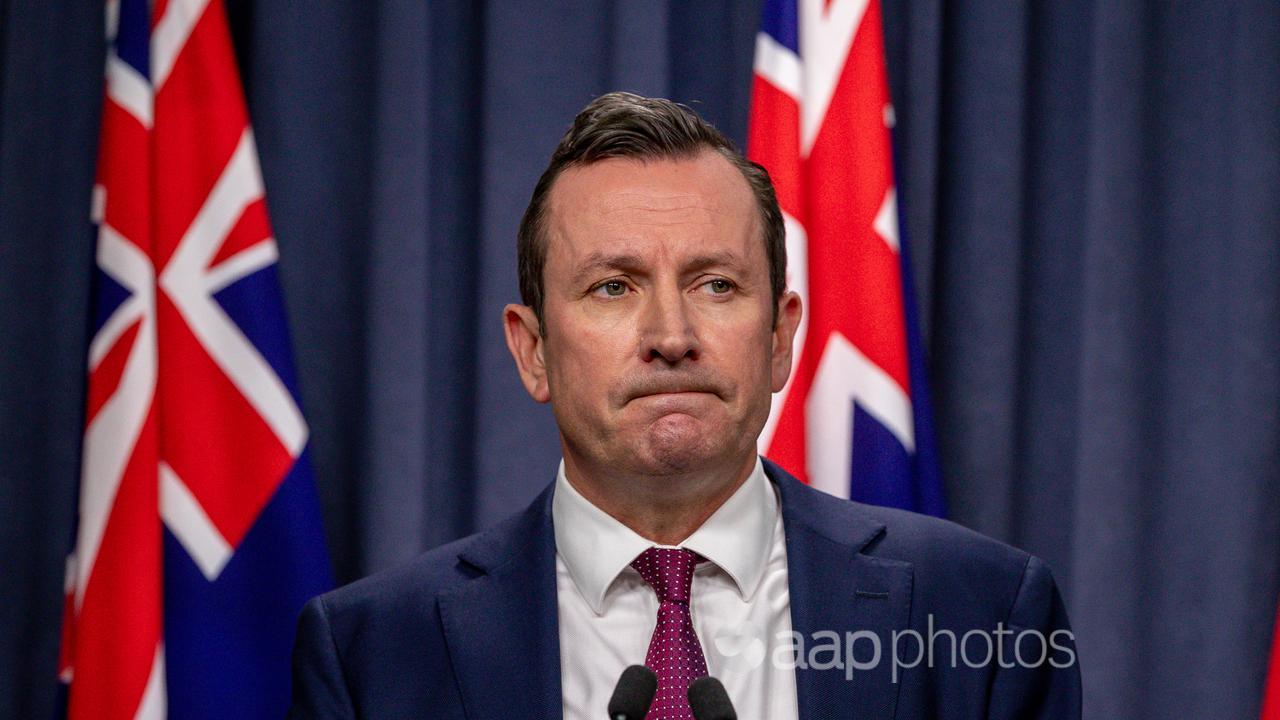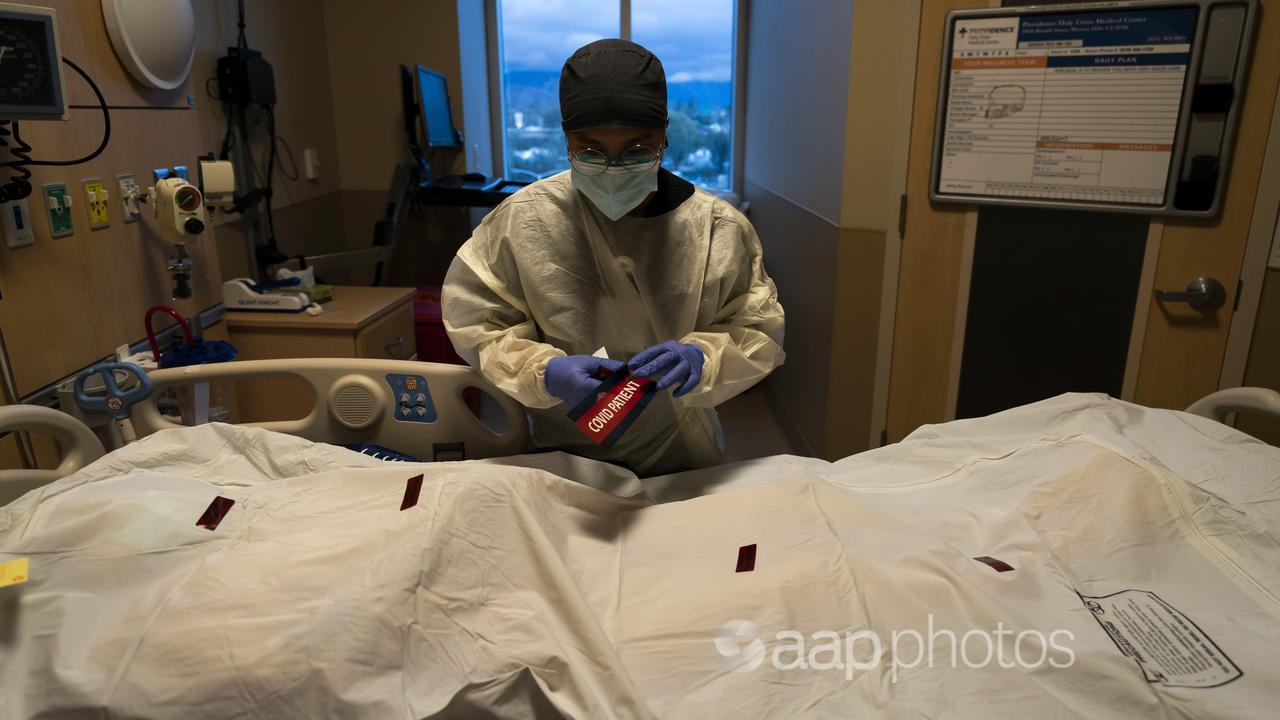Western Australian Premier Mark McGowan has attempted to contrast the threat of COVID-19 in the east of the country against the relative safety of his state by claiming an average of almost 5,000 people have been hospitalised each day in Australia since the new year.
The claim is inaccurate and overstated. An average of around 3,600 people were in hospital with COVID each day from January 1 to January 20, the day the premier made his claim.
Mr McGowan’s claim was made at a press conference, during which he announced the planned WA border reopening on February 5 was delayed indefinitely due to the surge of the Omicron strain across Australia.
Discussing the threat, Mr McGowan said: “There has been a surge in hospitalisations around Australia, with an average of almost 5,000 Australians hospitalised a day since the start of the year with COVID.” (video mark 2min 22sec). The premier made the same claim in a Facebook post published the same day.
When contacted about the source of the figure, Mr McGowan’s office told AAP FactCheck in an email that the premier “was referring to the last seven-day average”. However, Mr McGowan – who appeared to have been reading from a document when making the claim during the press conference – made no reference in his speech to the figure being a seven-day average and instead stated that he was referring to the average from the beginning of the year.
The number of people currently in hospital with COVID is reported by each state and territory, with an aggregate figure for Australia published daily by the Department of Health.
Historical data on COVID-19 hospitalisations is collated on the independently-run CovidLive website, based on daily figures issued by state and federal health departments. AAP FactCheck has cross-checked the CovidLive figures against government figures and confirmed their accuracy.
According to the historical data, an average of 3,606 people with COVID were being treated in Australian hospitals from January 1 to January 20 inclusive – well short of the “almost 5,000” figure claimed by Mr McGowan.
Mr McGowan was correct to identify in his comments that there had been a "surge" in hospitalisations since the Omicron strain reached Australia. From the arrival of the country's first known cases of Omicron on November 27 to January 20, the number of patients in hospital with COVID averaged 1,769 per day - well above the 1,111 daily average for the two months prior to November 27.
More positively, the proportion of hospitalised patients admitted to ICU or requiring the use of a ventilator has remained relatively low since Omicron's arrival when compared to previous waves of COVID-19 in Australia.
In December 2021, the UK Health Security Agency published a preliminary analysis that found patients hospitalised with Omicron were 31 to 45 per cent less likely to require emergency care than if they had been infected with the Delta strain.
On January 31, new restrictions came into place in Western Australia as the Omicron strain began to spread. The previous day, the state reported that it had 147 active cases of COVID-19, of which only one was in hospital.
The Verdict
Premier Mark McGowan's claim that an average of "almost 5,000" people in Australia have been hospitalised with COVID-19 each day since the beginning of the year is incorrect and overstates the true figure. The average number of patients in hospital with COVID between January 1 and January 20 was 3,606.
False - The claim is inaccurate.
* AAP FactCheck is an accredited member of the International Fact-Checking Network. To keep up with our latest fact checks, follow us on Facebook, Twitter and Instagram.
All information, text and images included on the AAP Websites is for personal use only and may not be re-written, copied, re-sold or re-distributed, framed, linked, shared onto social media or otherwise used whether for compensation of any kind or not, unless you have the prior written permission of AAP. For more information, please refer to our standard terms and conditions.


















